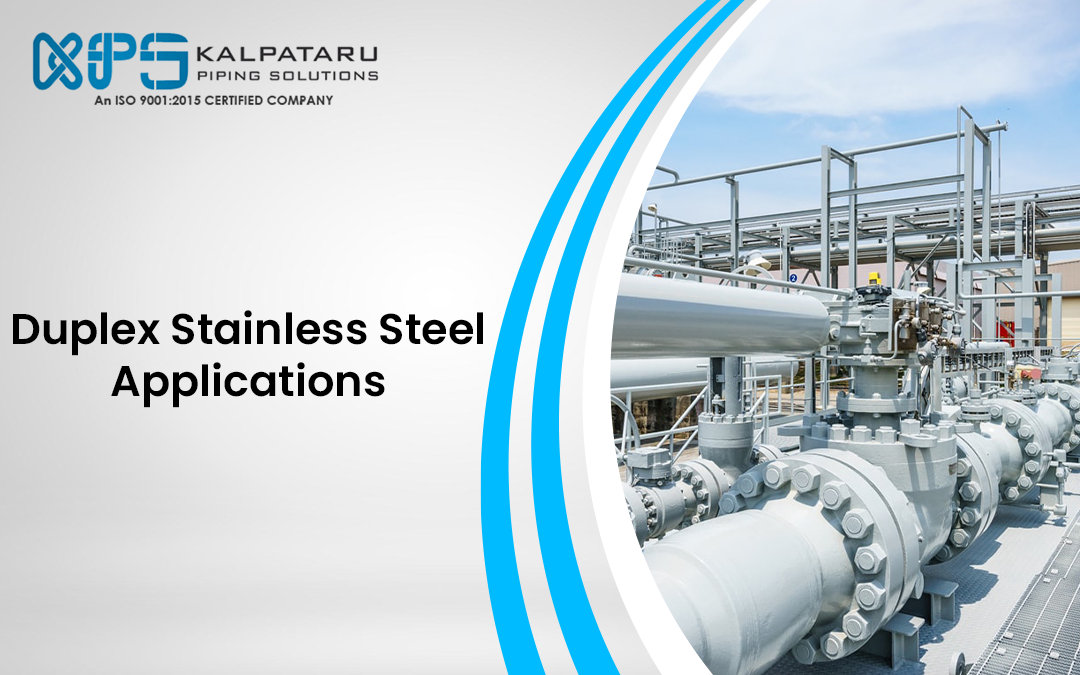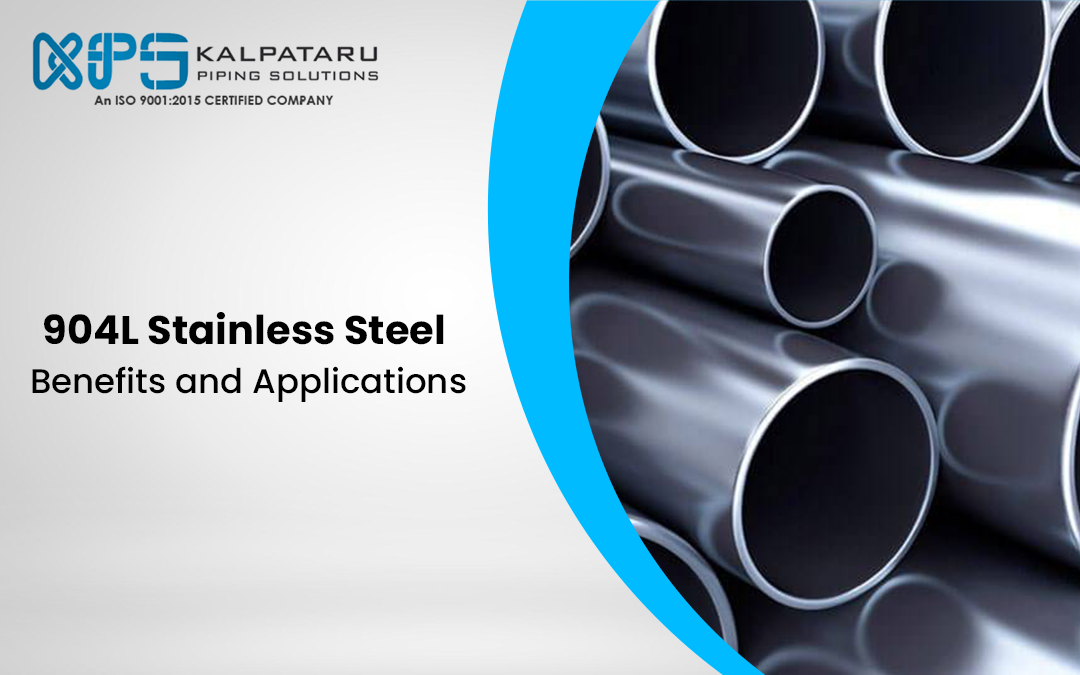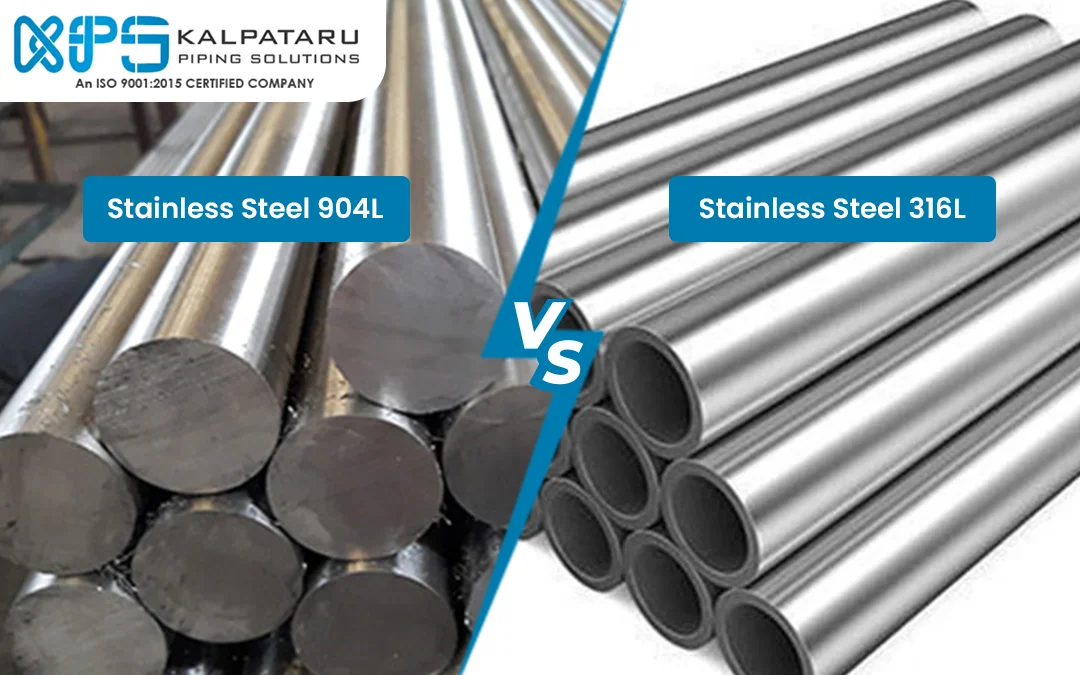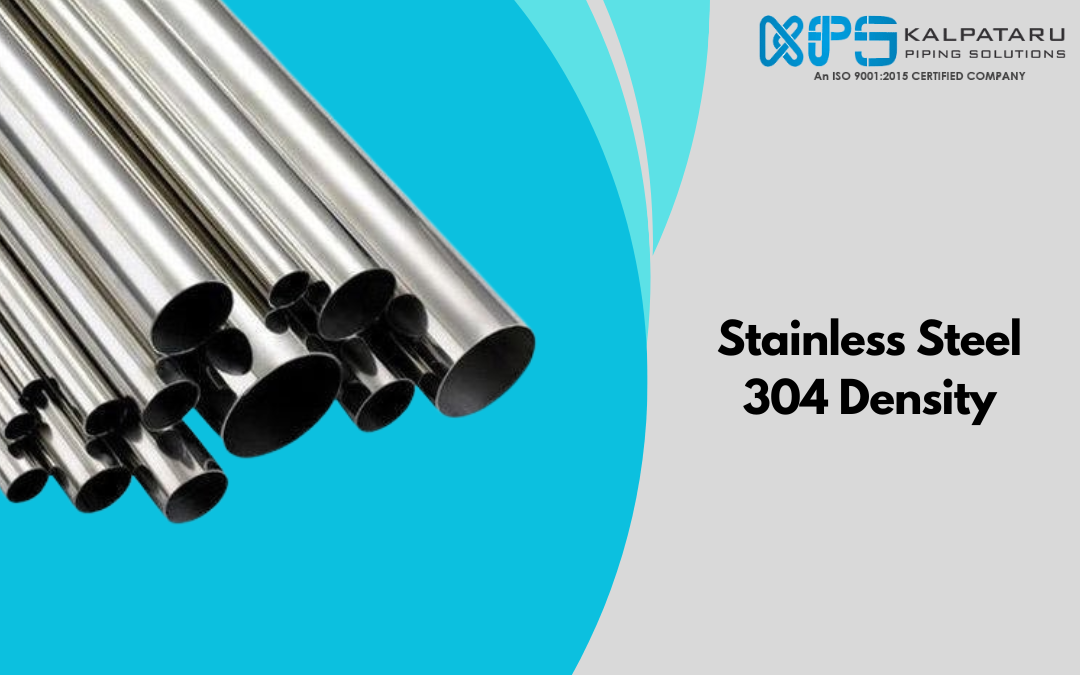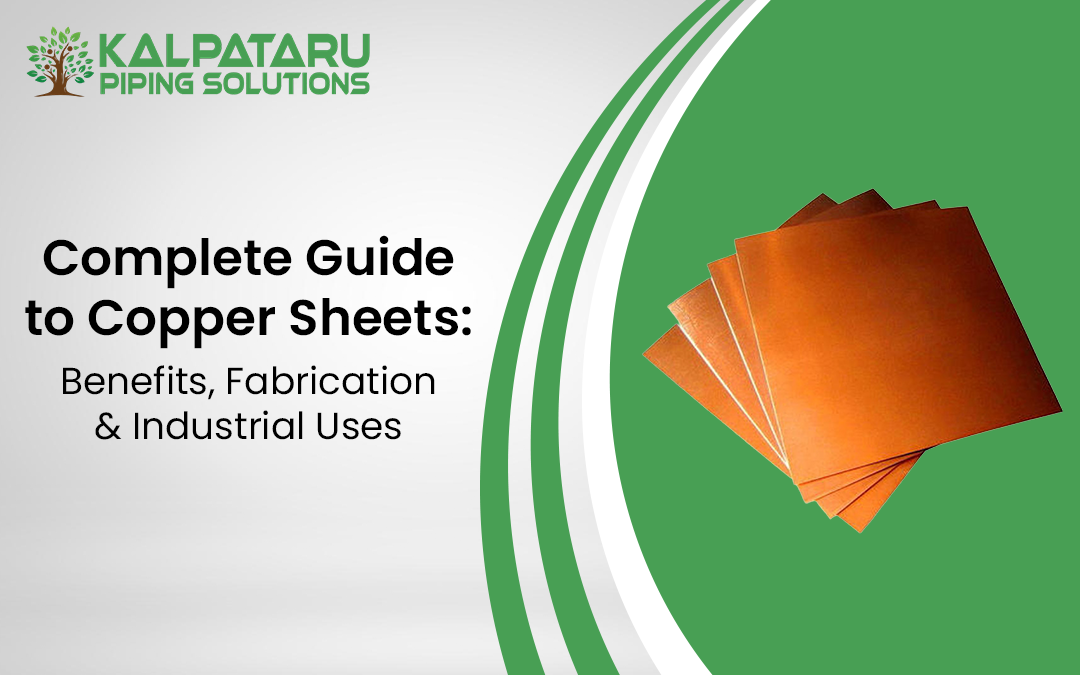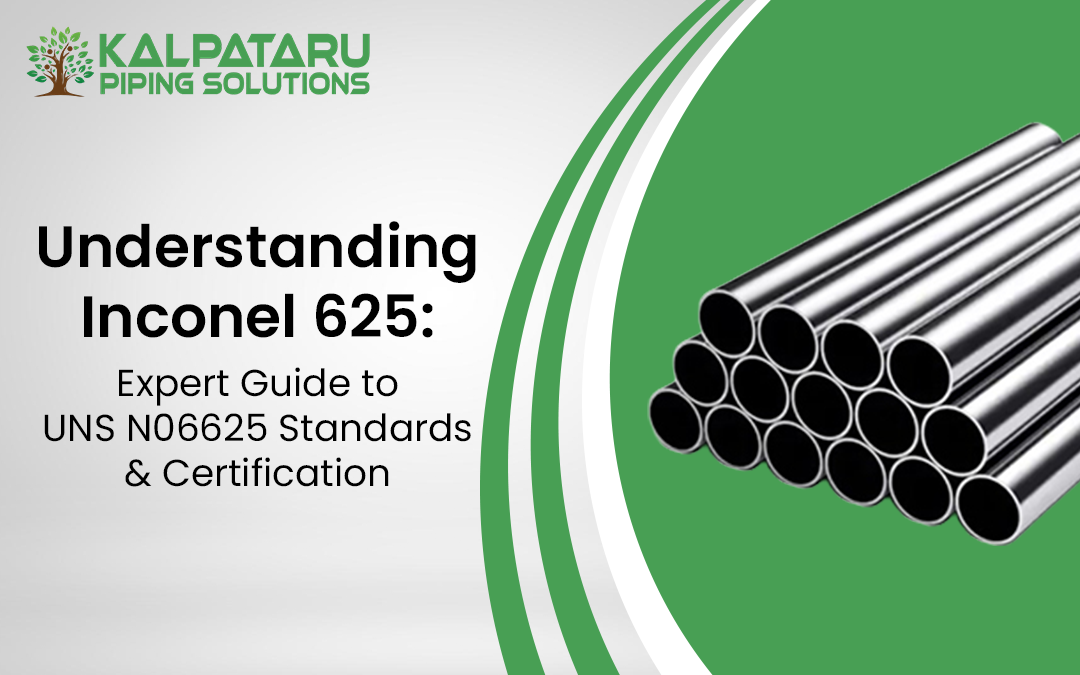Introduction to Duplex Stainless Steel Applications
Duplex stainless steel is a strong and durable material known for its excellent corrosion resistance. It combines the best features of two types of stainless steel, making it ideal for tough environments like offshore oil rigs, chemical plants, and power stations. In this blog, we will look at the different ways duplex stainless steel is used and why it’s a popular choice for many industries.
What is Duplex Stainless Steel?
Duplex stainless steel is a special type of stainless steel that combines two phases: austenite and ferrite. This unique structure gives it superior strength and corrosion resistance compared to regular austenitic steels like 304 or 316. Duplex steels are made with higher amounts of chromium (20-28%) and molybdenum (up to 5%) while having lower nickel content (up to 9%) and a small amount of nitrogen (0.05–0.50%).
This combination of properties allows duplex stainless steel to be more resistant to corrosion, especially in environments with chloride stress or pitting. The increased strength also means thinner sections can be used, which makes it more cost-effective.
Applications of Duplex Stainless Steel in Construction
Duplex stainless steel is known for its outstanding strength and corrosion resistance, making it an ideal choice for industries that operate in harsh environments. Its versatility allows it to be used across various sectors such as water treatment, oil and gas, transportation, industrial equipment, and construction.
- Water Treatment and Desalination
Duplex stainless steel is perfect for desalination and water treatment because it can withstand the corrosive effects of water, salt, and other harsh chemicals. Its high strength, corrosion resistance, and long lifespan offer significant advantages, making it a cost-effective material in the long run despite the higher initial investment.
- Petroleum and Natural Gas
In the oil and gas industry, duplex stainless steel is favored for its strength and resistance to chloride stress corrosion cracking. It is particularly suited for offshore applications that deal with high pressure and deep depths. Duplex stainless steel is also used for onshore pipelines, transporting corrosive materials efficiently and safely, which is why it remains a top choice in the oil and gas sector.
- Transportation
From boats to planes, trains, and cars, duplex stainless steel is used in various forms of transportation. Its strength and resistance to corrosion make it ideal for tanks and trailers, offering better durability and lower costs than traditional carbon steel. It is also used in ship hulls, chemical tanks, and cargo containers. The rail industry benefits from duplex stainless steel’s resistance to corrosion and low maintenance, making passenger wagons safer and more durable.
- Industrial Equipment
Duplex stainless steel is the go-to material for industrial equipment, including food and drink storage containers, tanks, pipelines, pressure vessels, and heat exchangers. Its resistance to rust and ease of maintenance make it a durable, cost-effective choice. In industries like pulp and paper, duplex stainless steel’s strength and corrosion resistance are essential for long-lasting equipment that requires minimal upkeep.
- Construction & Building
Duplex stainless steel is revolutionizing construction and building designs, especially for roofs, walls, and bridges. Its combination of durability and aesthetic flexibility allows it to fit into diverse architectural styles and structures. It can be used in a wide variety of building technologies, and its long lifespan and recyclability make it an eco-friendly choice. Duplex stainless steel is also used in the construction of car and pedestrian bridges, including railings, suspension cables, and tie rods.
Duplex stainless steel continues to prove its value across multiple industries, offering strength, durability, and corrosion resistance in challenging environments.
Cost Benefits of Duplex Stainless Steel for Your Project at Kalpataru Piping Solutions
Duplex Stainless Steel offers significant cost benefits, especially when used in heat exchangers. Its lower nickel content compared to austenitic grades provides better thermal conductivity, meaning that less surface area is needed to achieve the same level of performance. Additionally, Duplex Stainless Steel is easier to weld than its austenitic counterparts, but it is crucial to carefully consider the weld mixture and proper handling to ensure corrosion resistance is maintained.
At Kalpataru Piping Solutions, we believe Duplex Stainless Steel is an excellent choice for many applications. With extensive experience in fabricating Duplex and Super Duplex Steel, we ensure that each product is engineered, built, and inspected to meet the highest standards.
Conclusion
Duplex stainless steel is strong, durable, and cost-effective, making it ideal for industries like water treatment, oil and gas, and construction. Its excellent corrosion resistance and strength make it a top choice for challenging environments.
At Kalpataru Piping Solutions, we offer expertise in duplex and super duplex steel fabrication, ensuring your project meets the highest standards. Contact us today to learn how duplex stainless steel can benefit your project.
FAQs
What are the uses of duplex?
They are an important component of the oil and gas exploration, transportation, and refinement business and are a cost-effective material for pollution control equipment. Duplex stainless steel is also used in pulp and paper production and is widely utilized in mining and even nuclear plants.
Is duplex stainless steel expensive?
Because duplex stainless steels are highly alloyed, the cost of using these metals may be high. However, the cost of grades like 904L is higher than some standard duplex stainless steel.
What is another name for duplex stainless steel?
Duplex stainless steels are a family of stainless steels. These are called duplex (or austenitic-ferritic) grades because their metallurgical structure consists of two phases, austenite (face-centered cubic lattice) and ferrite (body-centered cubic lattice) in roughly equal proportions

